Lilia Yapparova awoke early in the morning to the sound of her alarm clock ringing on February 24. The Russian missile strikes had started and she was determined to get to Ukraine to report on it.
“I had one backpack. A couple pairs of shorts, a pair of socks, my passport and tape recorder. Only basic clothes were with me,” said Yapparova.
Yapparova was one of only a few Russian journalists who managed to report on the outbreak of war from the inside.
As a correspondent for the independent news site Meduza , her coverage provided rare first-hand accounts of the demolition of civilian life. But it came with a price.
Yapparova’s family remains in Russia, but she is not able to return home for fear of being labeled as a “foreign agent” – a law enacted in 2022 banning criticism of state policies. Conviction is punishable by up to 15 years in prison.
Her editors recommended she relocate to Latvia, which borders Russia. Meduza has been headquartered in the capital city, Riga, since 2014.
Yapparova is among hundreds of dissident journalists that have sought refuge in the country to escape Kremlin persecution. A member of both NATO and the EU, Latvia has welcomed media professionals to live and report from its borders since the start of the war.
Reporters must abide by media laws that prioritize the national language, Latvian, which is the only official state language and has primacy. Yet Russian-language media also exists alongside Latvian-language media.
A majority of relocated Russian journalists remain supportive of the Latvian government’s stance.
“If you’ve been persecuted as a foreign agent and as a journalist in Russia, any country that’s ready to accept you feels welcoming, and Latvia was a country like that,” said Yapparova.
Many exiled media workers’ primary source of assistance come from private, non-governmental agencies, like Media Hub Riga .
The grant-funded, non-profit organization strives to deliver comprehensive support – everything from emergency and legal assistance to social integration skills and housing.
“Our aim is really not just to build a safe place as a physical place, but also to help with all of these necessary skills that are needed to stay resilient in these difficult times,” said Sabine Sile, co-founder of the Media Hub. “There’s a lot to learn from people who have been through suffering, repression, even prison.”
Sile started the Hub back in 2018, in partnership with her charity, the Sustainability Foundation and the Baltic Centre for Media Excellence . Since February 2022, Sile’s organization has supported more than 700 media workers, a majority of whom are Russian.
The 19-person team also currently assists reporters from Ukraine, Belarus and Central Asia.
“Media Hub is a place where media workers can come and receive a variety of support. It’s cost effective, not just in terms of rent, sharing office space, but also in terms of equipment,” said Sile.
Journalists take advantage of the Hub’s many resources daily — video recording equipment, a podcast studio, media monitoring services and daily tech support.
Due to a recent Trump administration review in the United States, Media Hub Riga’s grant funding has been frozen, with a significant portion expected to be cut permanently. This funding serves as a primary source of aid for the non-profit. Sile noted that the freeze will make it harder for organizations that protect free speech to do their jobs.
Much of the work Media Hub Riga does extends beyond providing technical support. A primary aim of the center is helping workers acquire visas and file for temporary residency permits. The process becomes complicated when journalists face criminal or administrative charges back home.
Sile’s organization helped Denis Kamalyagin, editor-in-chief of Pskovskaya Guberniya , continue to publish about the war despite governmental persecution. The newspaper is based in Pskov, Russia, a northwestern city close to the Latvian border with very few other independent journalism outlets.
Kamalyagin relocated to Riga in 2022 after his newspaper and home were raided by Russian officials. He had also been labeled a foreign agent by the government.
“I like living in Latvia, it’s close to my home, I feel very much welcomed,” said Kamalyagin.
Latvia’s proximity to Russia allowed for journalists to stay connected to their homelands, unlike those that sought refuge in countries further away like the Netherlands. “My media here doesn’t feel detached from Russia, unlike other people who have left. It’s very comfortable,” said Kamalyagin.
Bumaga ( Paper ), originally based in St. Petersburg, Russia, has relied heavily on the Media Hub for assistance. Founder Kirill Artemenko said Russia’s “fake news” ban temporarily stopped the outlet from producing content altogether.
“You couldn’t publish anything without the risk of being imprisoned. Independent information was blocked [on the internet] at the beginning of March [2022],” said Artemenko.
Artemenko said the company was forced to evacuate and scatter shortly thereafter. Some reporters fled to Georgia and Lithuania. Others, like Artemenko, sought refuge in Latvia.
Unlike other Baltic states, Latvia does not mandate that exiled journalists begin reporting for local outlets. Integration into the local culture is a priority, but the government appreciates the work independent journalists do to expose the anti-democratic actions of neighboring countries.
“Estonia took that approach, that they said you can only relocate [to Estonia] if you work for local media. They were giving some subsidies, but that was their immigration approach,” said Sile.
Despite state-wide support for media workers, the country continues to worry about Russian propaganda infiltrating its media space. Any content that reflects pro-Kremlin sympathies will be removed and licenses to broadcast have been suspended for this reason.
TV Rain, the most popular Russian independent news network, first resettled in Rīga, but had its broadcasting license revoked in 2022 after an anchor made unscripted comments calling for the support of Russian troops with “equipment and basic amenities at the front.”
Latvia’s National Electronic Mass Media Council (NEPLP) justified the ban by saying the comments were “in connection with threats to national security and public order.” TV Rain was previously fined by the NEPLP for displaying a map with Crimea listed as a part of Russia.
“Anyone who says TV Rain sponsors the Russian Army has clearly never watched [TV Rain]. We’re against the war, we’ve never supported the war and we’re the last news outlet that can support the Russian government,” said Sofia Sorochinskaia, a former TV Rain producer in Moscow.
Sile said the Hub is supporting TV Rain’s legal case in Latvia, attempting to appeal the NEPLP decision.
“It was a shock to us that they ruled in the regulator’s favor. But also, when we talk to different people, it’s understandable that in times of war, the courts rule in the institutional direction. But we won’t give up,” said Sile.
Irma Kalniņa, a member of the parliament of Latvia (Saeima) from the New Unity party defended the official stance and said the parliament remains unyielding.
“Those that are accredited here are not pro-Kremlin but pro-democracy. That’s a very, very fine line that cannot get crossed. We cannot have anyone that’s pro-Kremlin [in Latvia],” said Kalniņa.
TV Rain since relocated to Amsterdam.
Other major Russian news outlets like Novaya Gazeta Europe have not experienced pushback since relocating. The independent newspaper was exiled from Russia at the start of the war.
“We’ve never faced any pressure from [the government] in terms of our editorial practices, policies or articles,” said Maria Epifanova, chief executive director of Novaya Gazeta Europe .
Epifanova said the TV Rain case is a reminder that there are new rules to be followed and the stakes are high.
Without a clear end to the war in sight, Russian journalists are increasingly reliant on one another for stability.
“I feel empowered, but every day I wake up and realize that I’m in an impossible situation,” said Yapparova. “I still continue to be a journalist, a media professional. I’m proud of the whole exile community.”


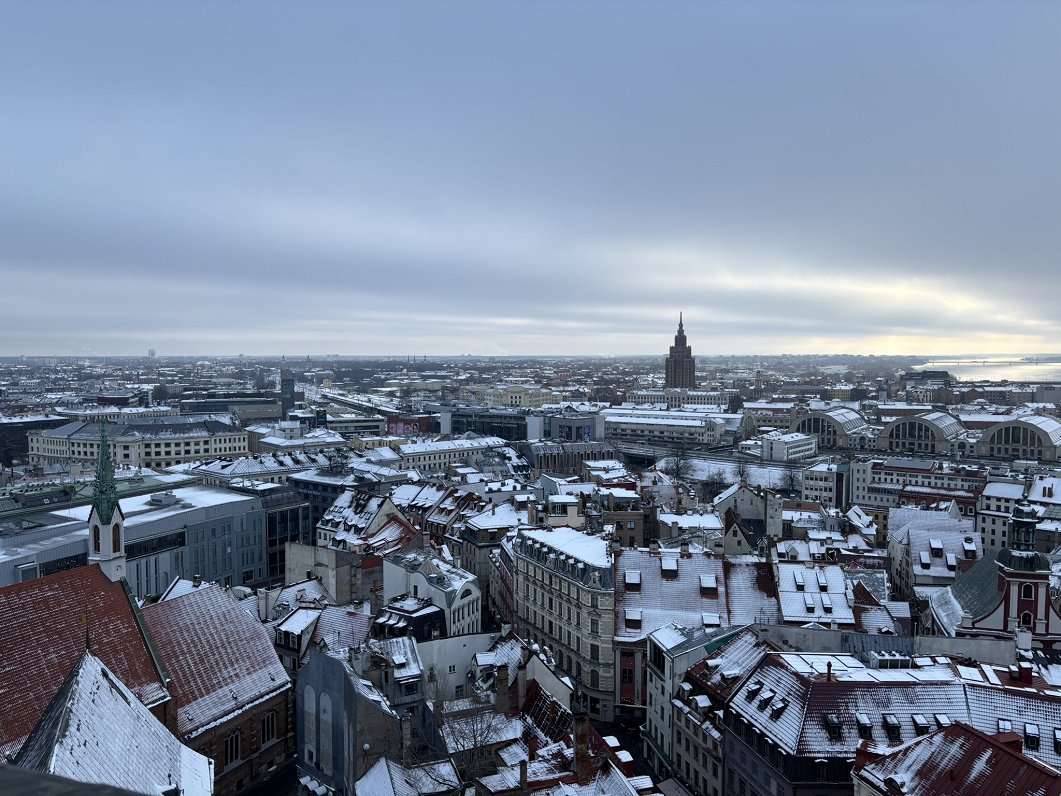
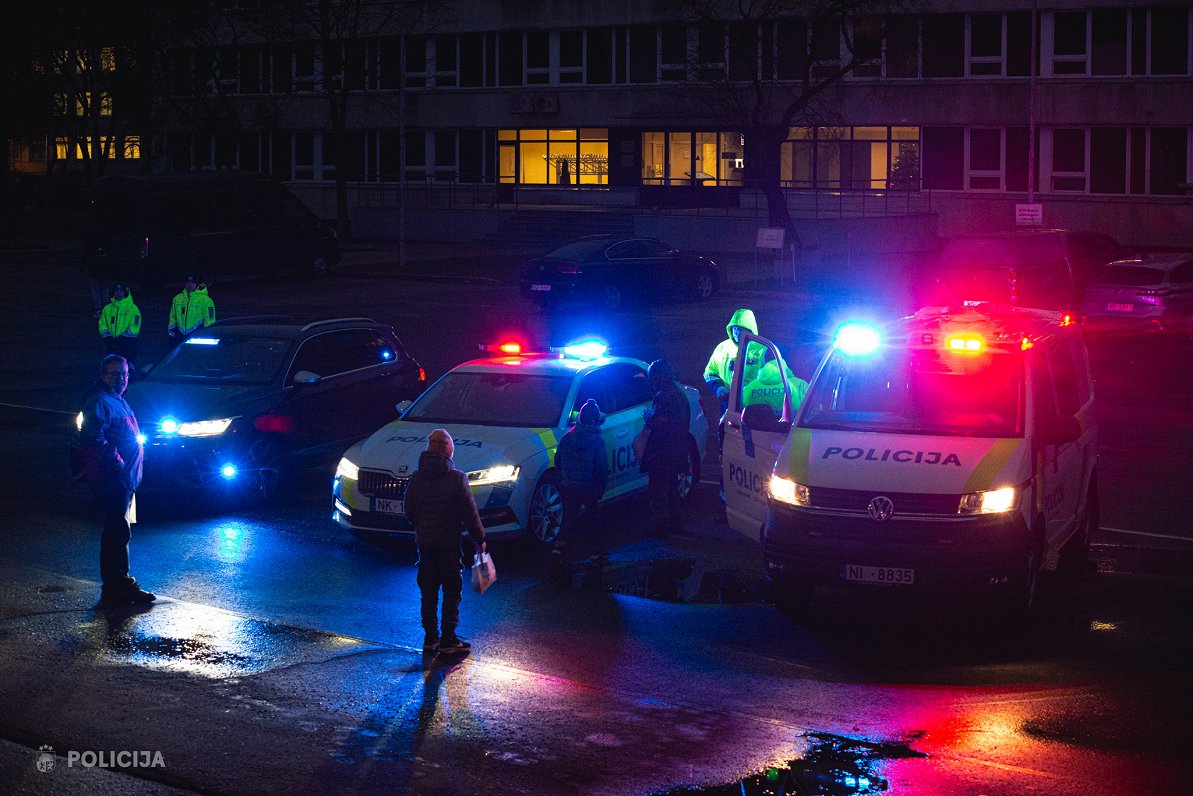
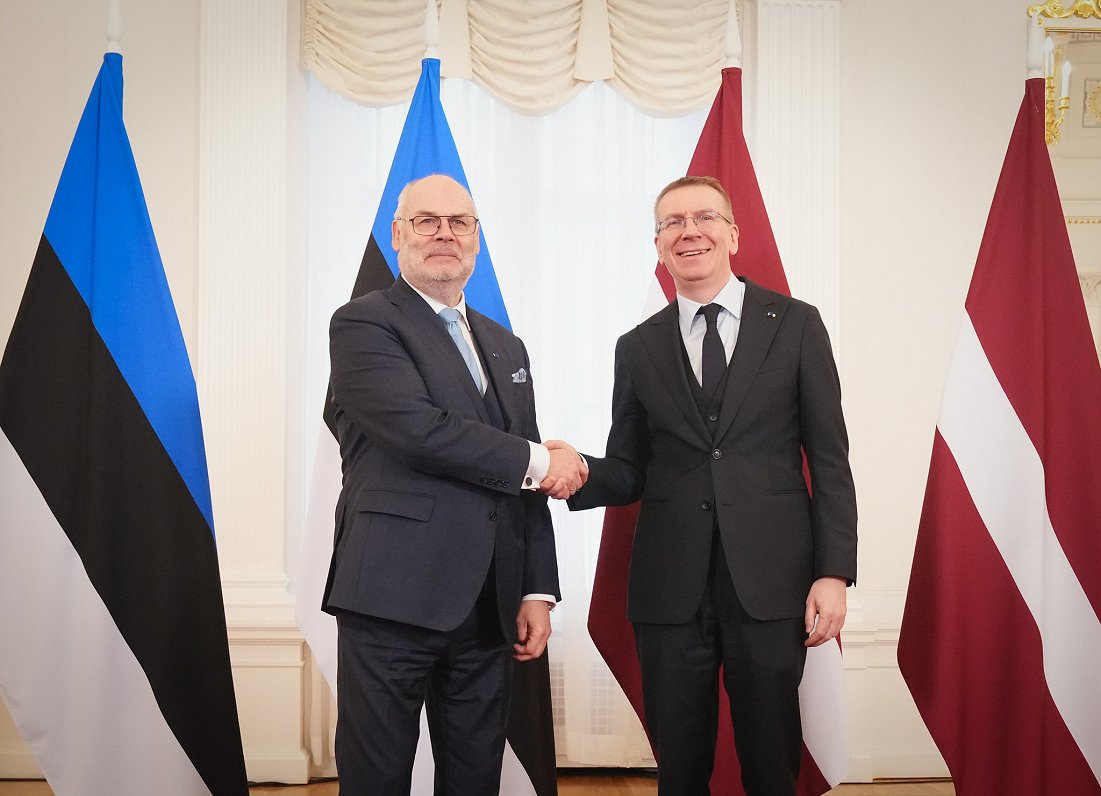
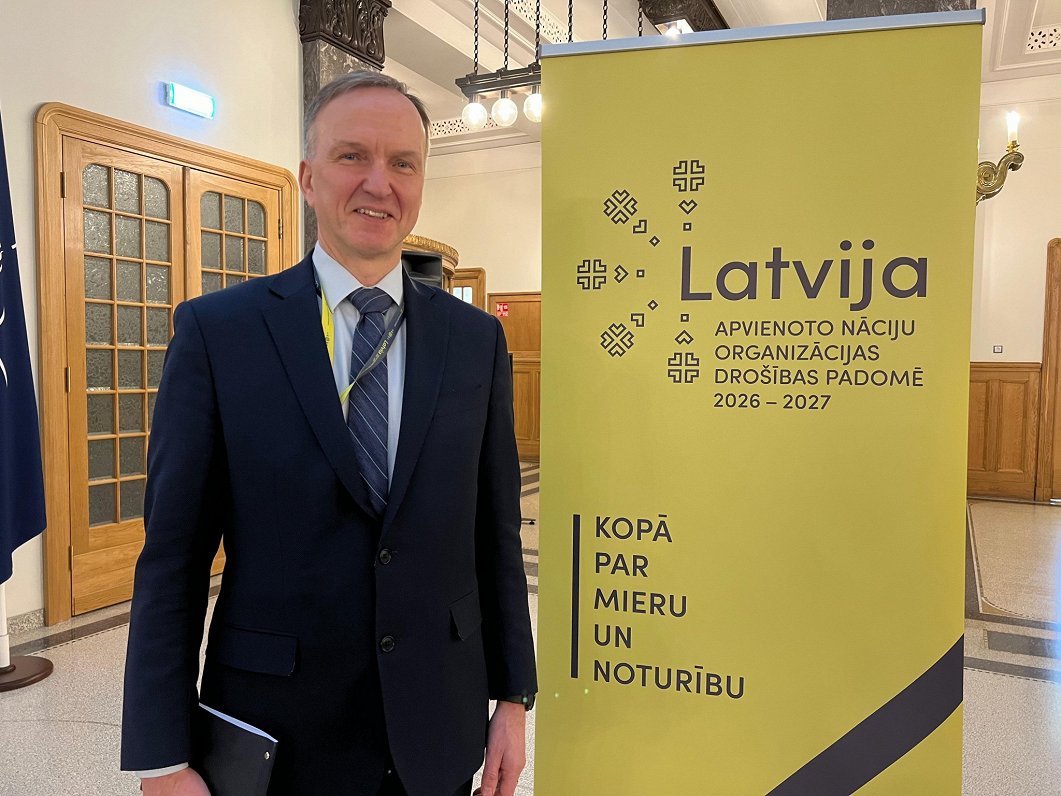
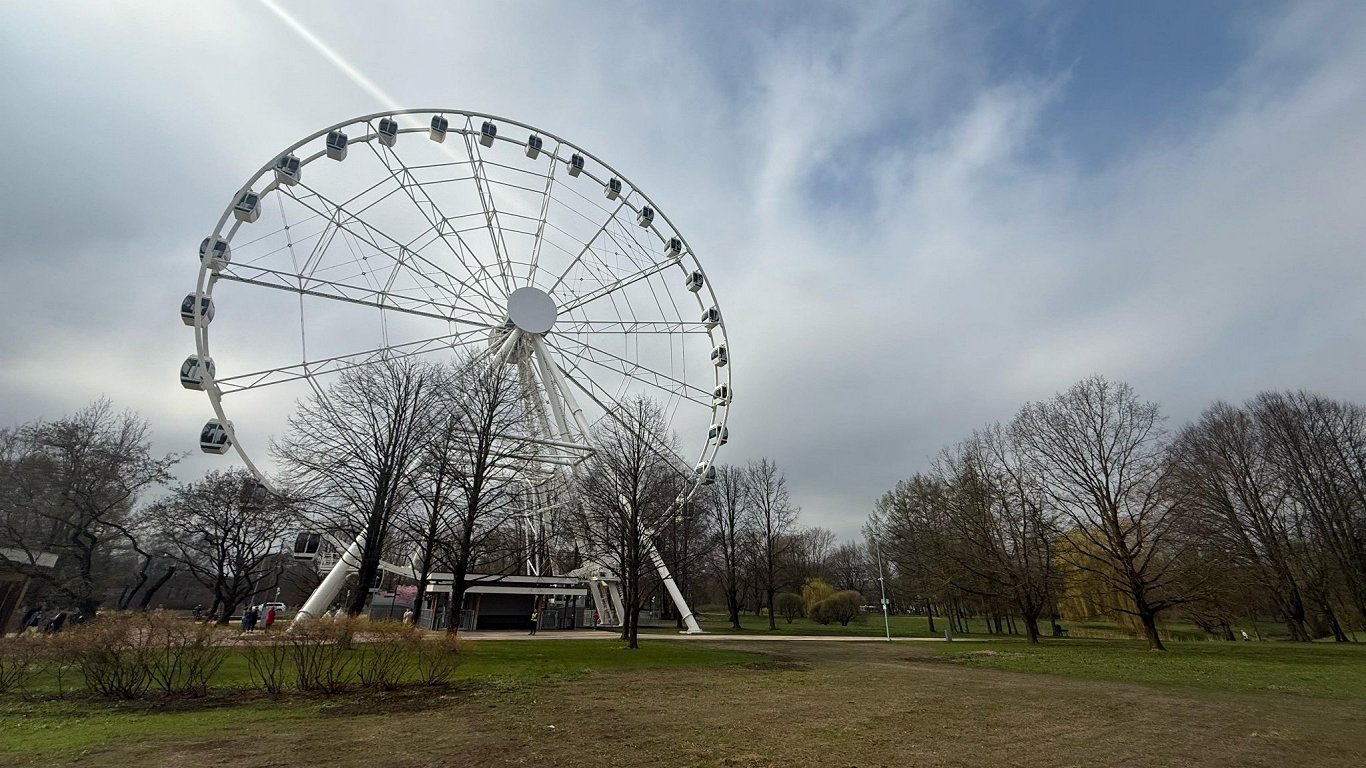
Be First to Comment